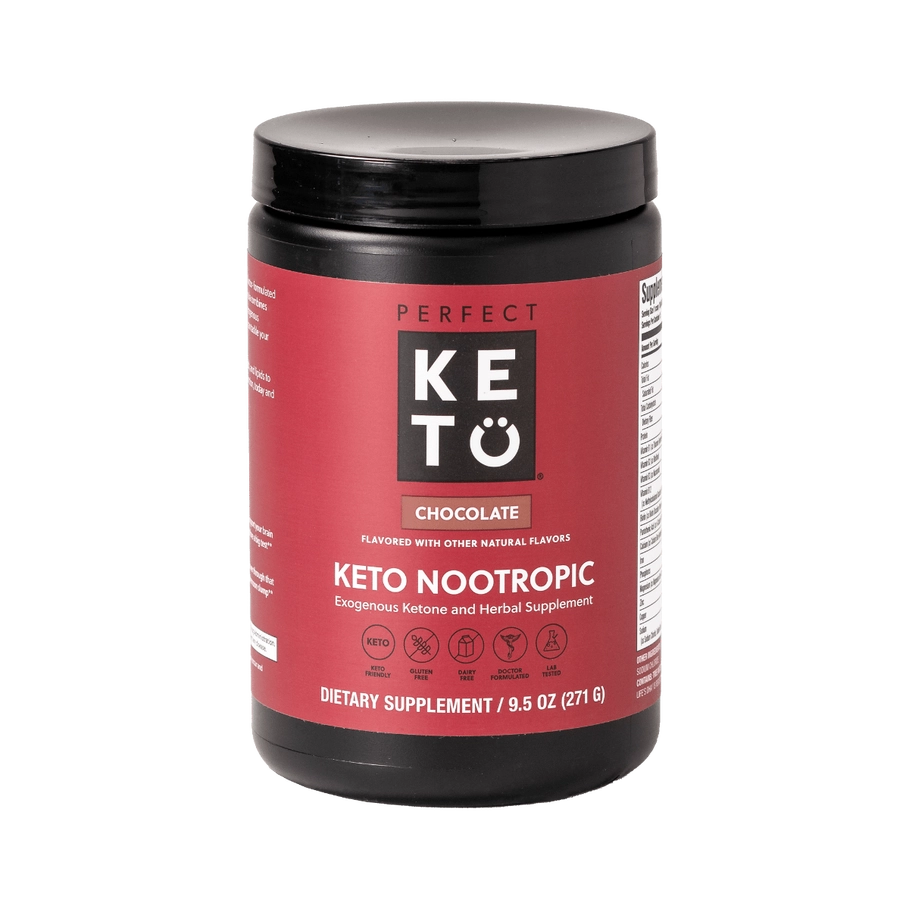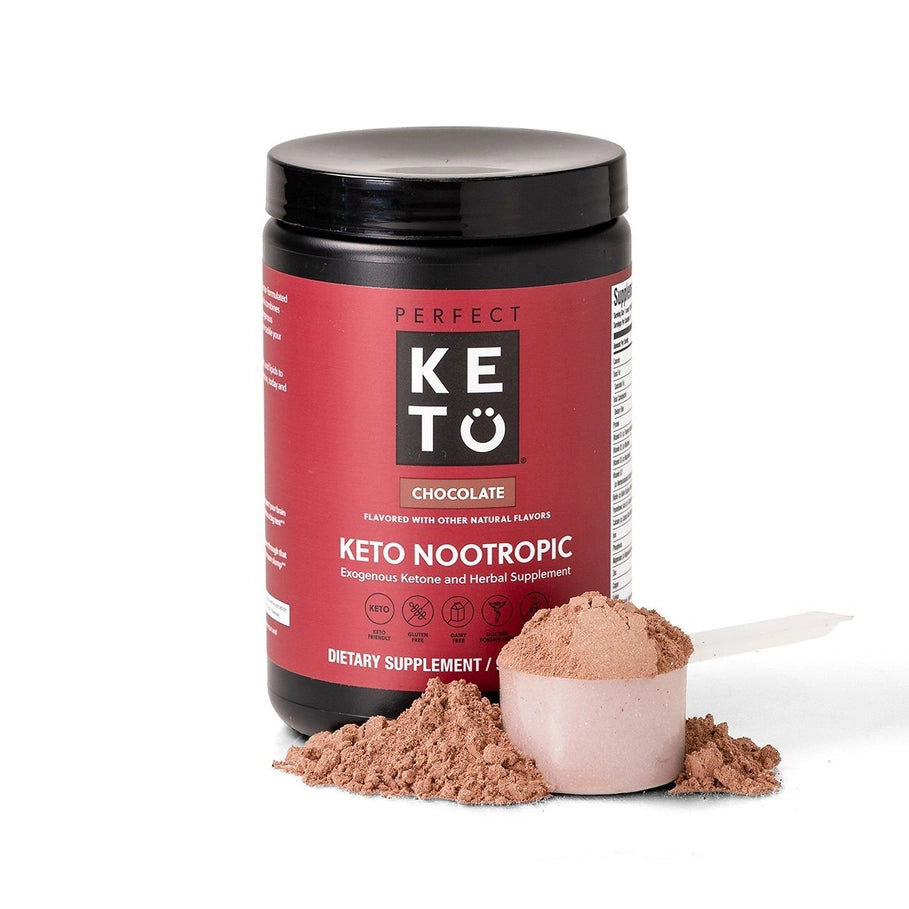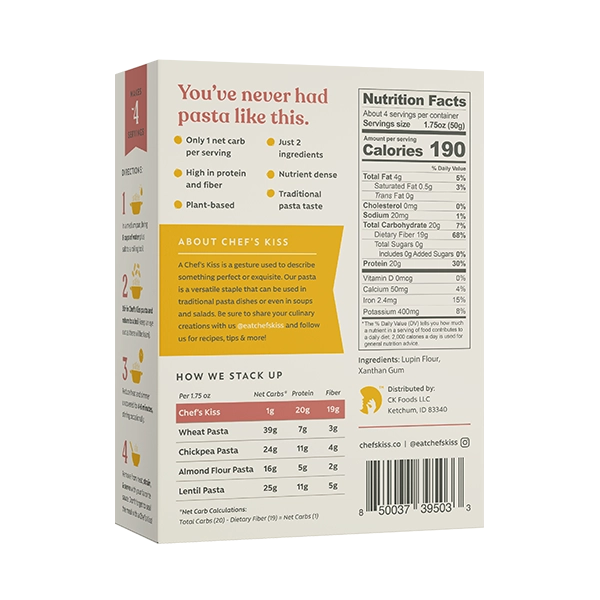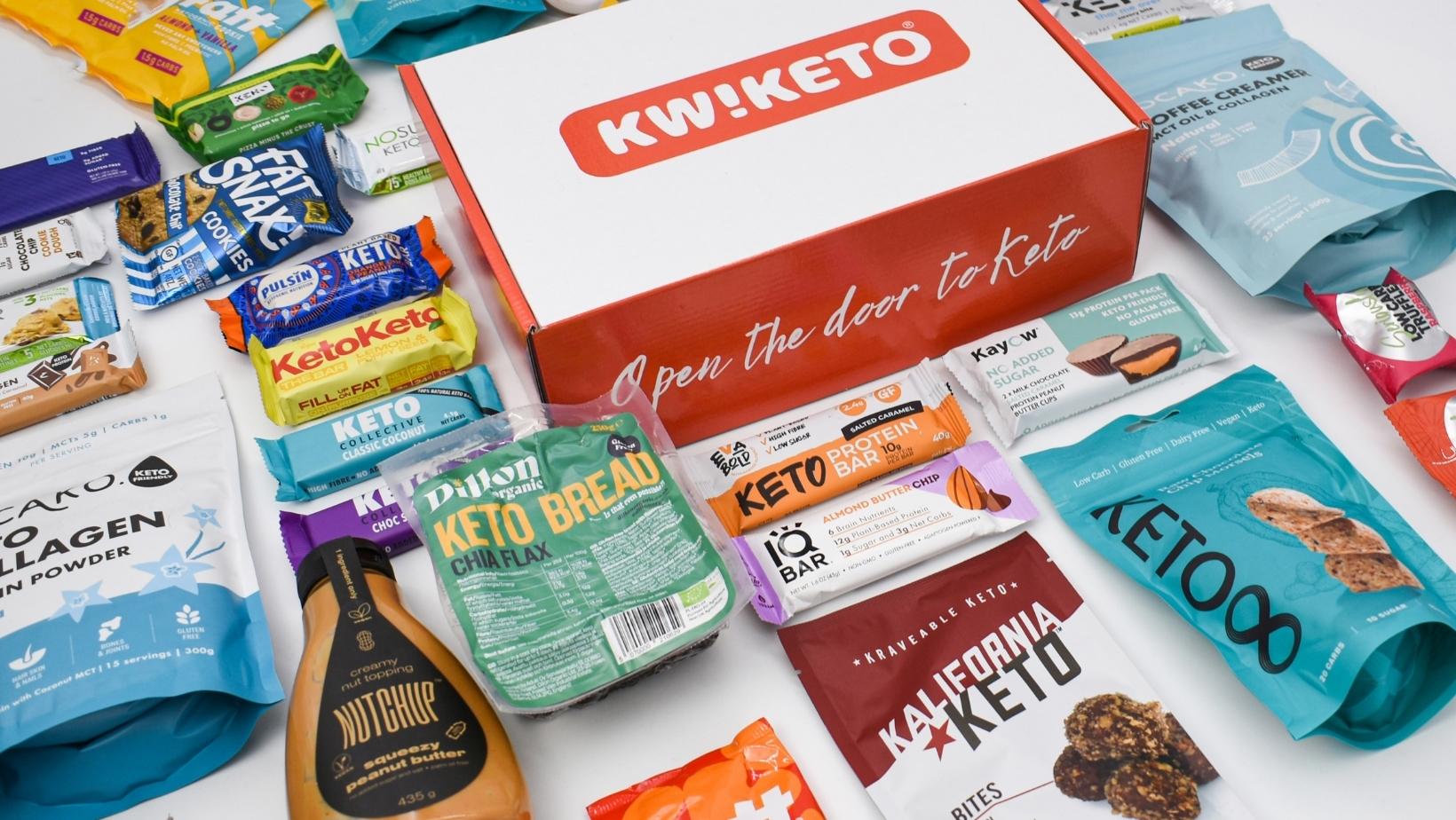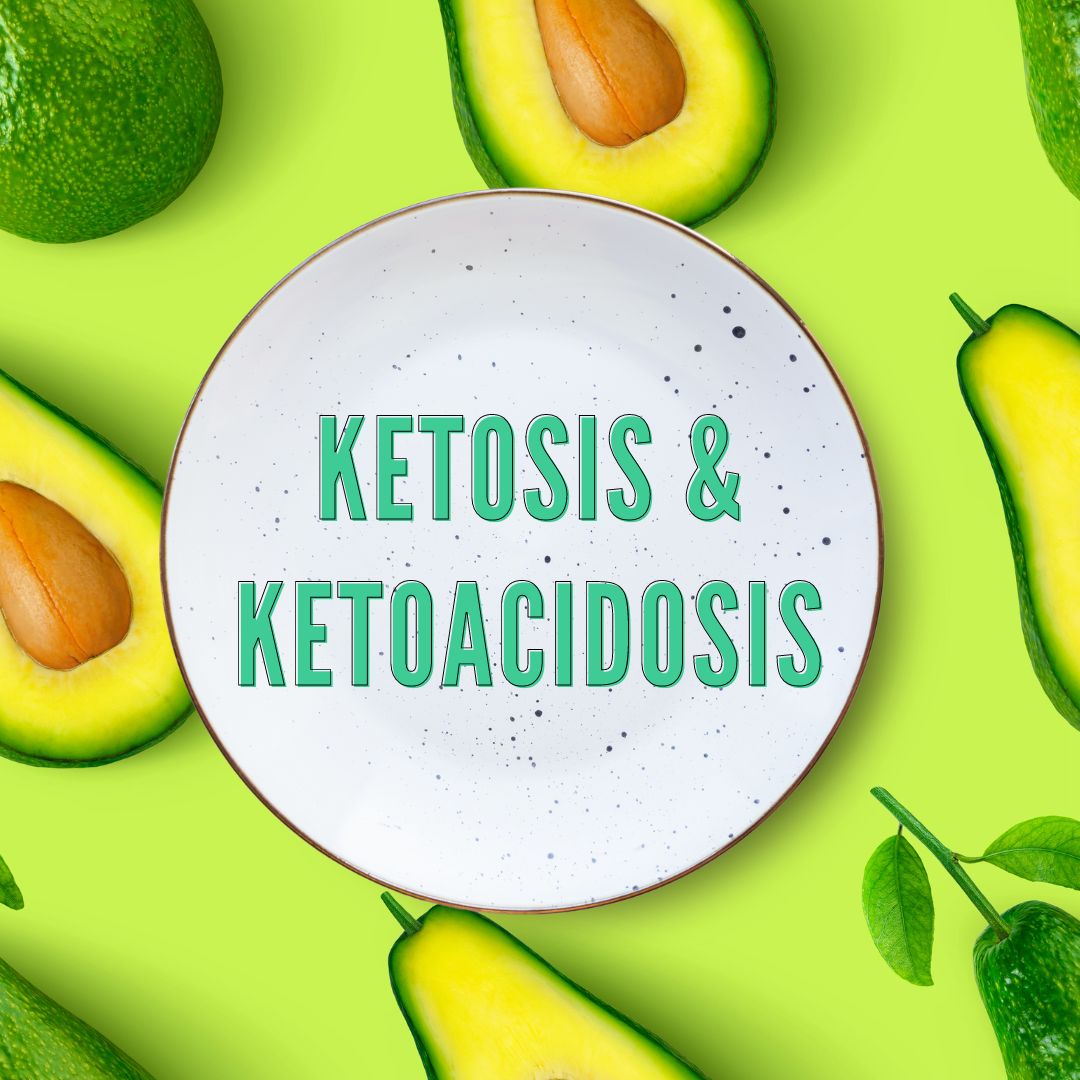
Ketosis vs Ketoacidosis
Ketosis vs Ketoacidosis: A Comprehensive Comparison
While they may seem similar in name, ketosis and ketoacidosis are two different metabolic states with distinct characteristics. Understanding the differences between these two conditions is crucial, particularly for those who are pursuing a low-carb lifestyle or have diabetes. In this article, we will delve into an in-depth analysis of ketosis vs ketoacidosis, exploring their causes, symptoms, and health implications.
Overview of Ketosis and Ketoacidosis
What is Ketosis?
Ketosis is a natural metabolic state where the body, due to a low intake of carbohydrates, starts breaking down fat for energy, producing ketones in the process. These molecules then serve as an efficient energy source for various body cells, notably the brain.
What is Ketoacidosis?
On the other hand, ketoacidosis, specifically diabetic ketoacidosis (DKA), is a serious medical condition typically associated with type 1 diabetes. It occurs when there's an acute shortage of insulin in the body, leading to an excessive production of ketones, which makes the blood overly acidic.
The Process of Ketosis
Ketosis is commonly triggered by either fasting or adhering to a low-carb diet such as the ketogenic diet. In these situations, the body doesn't have enough glucose to utilize for energy. Instead, it resorts to burning stored fat, resulting in the production of ketones. This metabolic shift is termed ketosis.
Nutritional Ketosis
Nutritional ketosis, a subtype of ketosis, kicks in when the body begins burning fat instead of glucose as its primary fuel. This state is typically induced by consuming a high-fat, very-low-carb diet, also known as the ketogenic diet. Research suggests that nutritional ketosis can contribute to weight management and potentially alleviate symptoms of certain neurological disorders like epilepsy, Parkinson's disease, and Alzheimer's disease.
The Process of Ketoacidosis
Ketoacidosis, particularly DKA, is a severe complication that arises when the body's glucose and ketone levels get excessively high due to an extreme insulin deficiency. This deficiency can be caused by several factors, including missing insulin doses, illness, or infection. High levels of ketones can make the blood too acidic, leading to potential damage to internal organs like the liver and kidneys.
Diabetic Ketoacidosis
DKA is most commonly diagnosed in individuals with type 1 diabetes, whose bodies do not produce insulin. However, it may also occur in people with type 2 diabetes. Triggers for DKA often involve poor diabetes management, stress, heart attacks, alcohol misuse, and certain medications.
Symptoms of Ketosis and Ketoacidosis
Symptoms of Ketosis
Ketosis may cause symptoms such as bad breath, headaches, thirst, and stomach complaints. However, these symptoms usually subside as the body becomes adapted to burning fat for energy.
Symptoms of Ketoacidosis
Unlike ketosis, ketoacidosis manifests through more severe symptoms, including extreme thirst, frequent urination, dehydration, nausea, vomiting, stomach pain, tiredness, breath that smells fruity, shortness of breath, and feelings of confusion. DKA often requires immediate medical attention to prevent life-threatening complications.
Diagnosis of Ketosis and Ketoacidosis
Diagnosing Ketosis
Ketosis can be diagnosed at home using a simple urine test, where a dipstick placed into a urine sample will change colors based on the level of ketones. Additionally, blood ketone tests can provide a more accurate measure of ketone levels and are ideal for people with diabetes.
Diagnosing Ketoacidosis
Ketoacidosis is typically diagnosed through a physical exam and a series of tests to check electrolytes, glucose, and acidity levels in the blood. These tests help determine the existence and severity of DKA.
Treatment of Ketosis and Ketoacidosis
Treating Ketosis
As a typical metabolic process, ketosis does not require treatment unless it's caused by lack of nutrition.
Treating Ketoacidosis
Ketoacidosis, on the other hand, necessitates immediate medical attention. The treatment usually involves fluid replacement, electrolyte supplementation, and intravenous insulin therapy.
Conclusion
In the comparison of ketosis vs ketoacidosis, the most critical distinction lies in their health implications. While ketosis is usually harmless and can be part of a planned, low-carb diet, ketoacidosis is a serious medical condition that requires immediate intervention. Understanding these differences is crucial, particularly for individuals embarking on a low-carb lifestyle or managing diabetes.
If you experience symptoms of ketoacidosis, seek immediate medical attention. And as always, before starting any new diet plan, especially one that can induce ketosis, consult with a healthcare professional to ensure it's suitable and safe for you.



